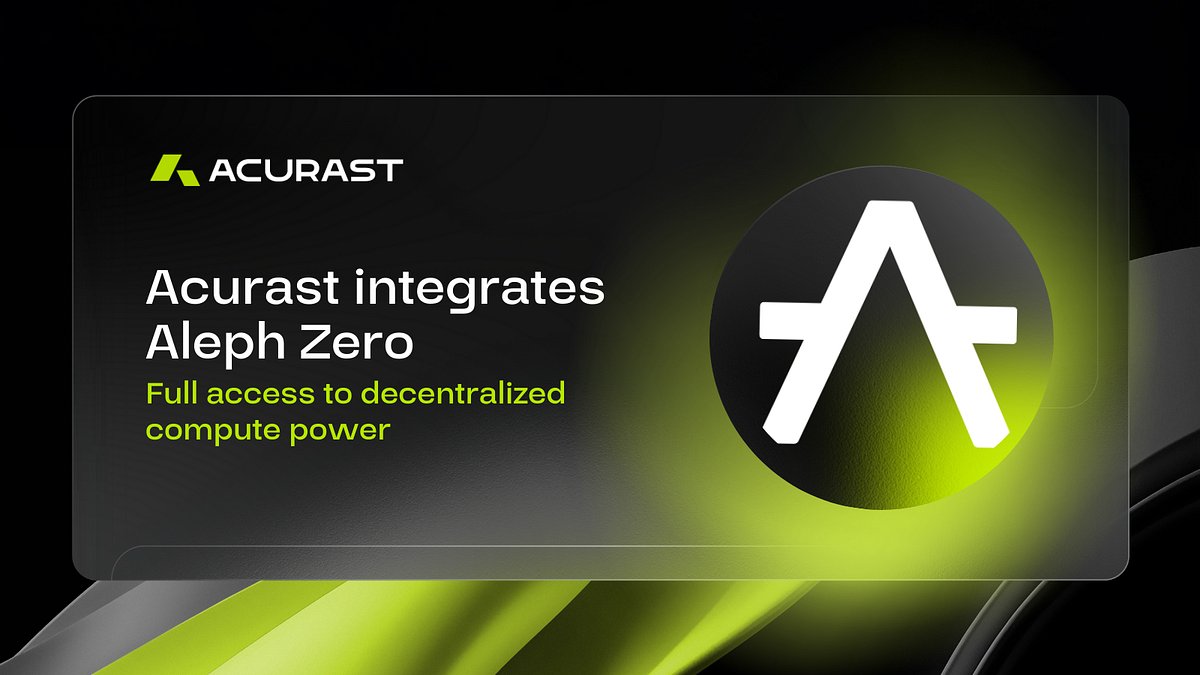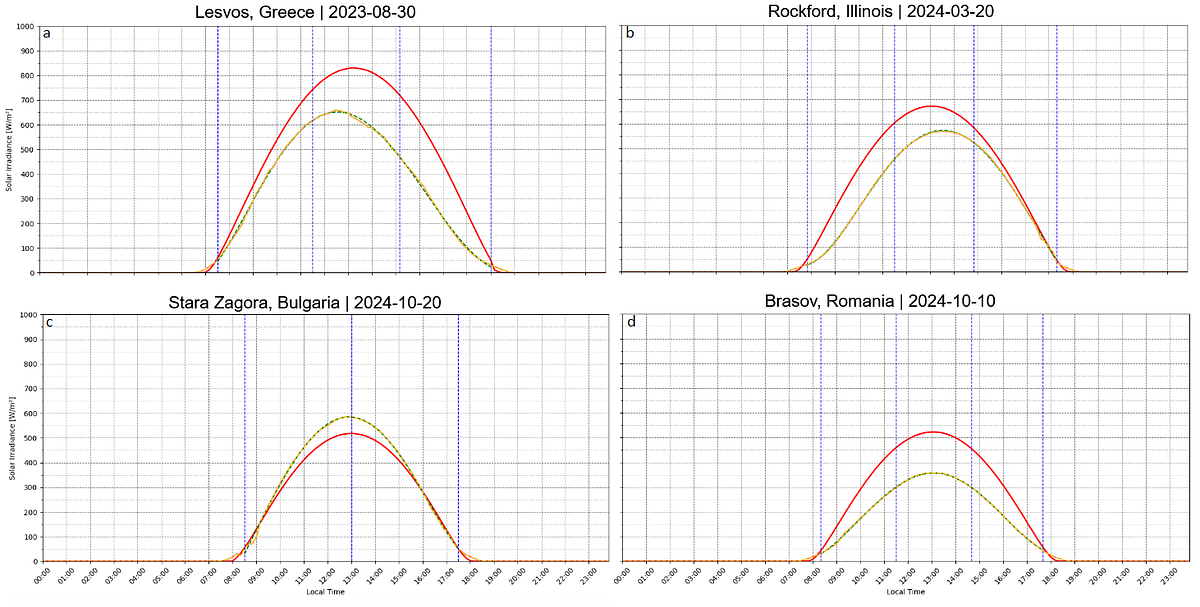Acurast Integrates with Aleph Zero to Enhance Decentralized Computing

Acurast has successfully integrated with Aleph Zero, allowing developers within the Aleph Zero ecosystem to access Acurast’s decentralized compute resources while earning rewards in AZERO. This collaboration significantly enhances scalability, privacy, and cost-effectiveness for developers, enabling them to utilize unstoppable compute power directly from Acurast. By leveraging Acurast’s mobile-powered cloud, developers can deploy applications more quickly, securely, and at a fraction of the cost compared to traditional cloud providers. This integration aligns perfectly with Aleph Zero’s privacy-first architecture, ensuring enhanced security and data protection for decentralized applications (dApps).
The integration has been hailed by key figures from both organizations. Alessandro De Carli, Co-Founder of Acurast, expressed excitement about the collaboration, emphasizing how it empowers developers to access scalable and confidential compute resources. He noted that this partnership marks a significant step toward reducing the reliance on centralized cloud providers, thus promoting the benefits of decentralization and privacy. Piotr Moczurad, Ecosystem Tech Lead of Aleph Zero, echoed these sentiments, stating that Acurast’s decentralized cloud service is a perfect complement to Aleph Zero’s focus on privacy, speed, and scalability. This collaboration aims to create an environment where Web3 developers can deploy and scale their applications without compromising security or performance.
Aleph Zero is recognized for its privacy-centric blockchain solutions that prioritize speed, data confidentiality, and ease of development. It utilizes zero-knowledge proofs to uphold rigorous data protection standards while providing a versatile toolset for Web3 development. With over 40 active use cases, Aleph Zero showcases its adaptability across various sectors. Acurast, on the other hand, transforms upcycled mobile devices into a decentralized cloud computing platform, offering a cost-effective and efficient alternative to traditional cloud models. Together, these two platforms are poised to revolutionize the landscape of decentralized computing and application development.
Related News





